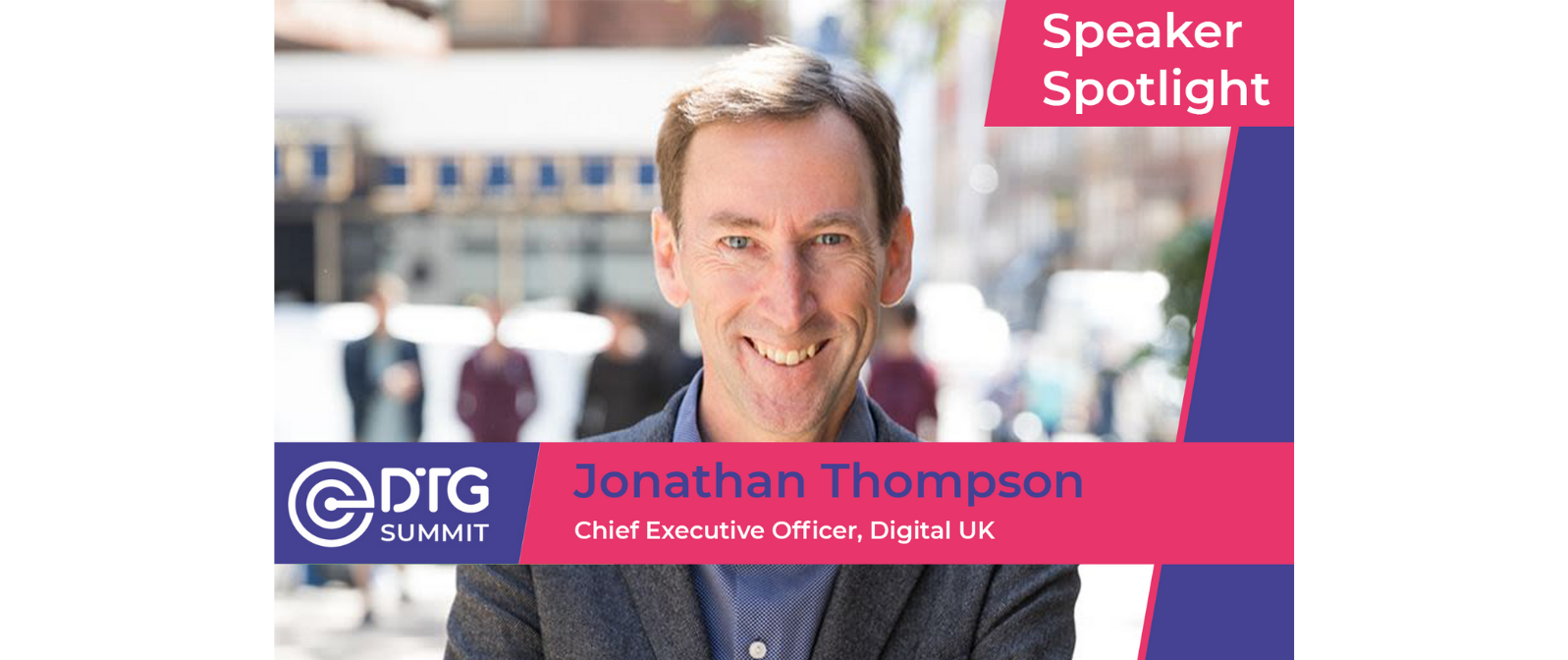Register for the DTG Summit -‘Television Beyond Imagination’ here
Which area of innovation in television excites you the most and why?
It is hard to point to one innovation because what I love so much about the TV sector is the pace and scale of change – even with the uncertainty that can sometimes bring!
Undoubtedly the biggest innovation in my world is the shift in how TV gets delivered to and found by audiences, with the rise of streaming shaping new viewing behaviours and habits.
Of course, that change is moving at very different speeds for different audiences – broadcast TV will be with us for many years to come. And as more viewing occurs online, we need to work out how we sustain the principles of universality and freedom for viewers that have underpinned our sector for decades.
What do you think is the current biggest challenge for the UK television industry?
I would identify two main challenges – discovery and globalisation.
The first is the obvious point that the one variable in our sector that none of us can fundamentally change is the hours in the day people have available to watch TV. So in an age of almost limitless supply and extensive competition for screen real-estate and eyeball time – how do we ensure that viewers are able to easily find the programmes they want to watch?
The second is the globalisation of television. For so long TV has been an industry shaped nationally – but increasingly the shape of our industry is being set by global decisions made by international players. Whilst this has led to many positive outcomes in terms of choice and innovation – it also raises some important questions about how we sustain all the best aspects of British television (made in Britain for a British audience). This lies at the heart of debates about the future of public policy and regulation as well as the strategies of our key national broadcasters.
What is the one change you think is critical for the industry?
The strength of British TV is driven ultimately by the depth and breadth of creative talent in this country. We punch above our weight in the global TV market because we have always fostered and encouraged the conditions for highly talented people to bring their best ideas to screen.
As TV becomes ever more global, we need to ensure we create the conditions for the next generation of talent to want to tell their stories here in the UK. That means having a strong and thriving national broadcasting system that can discover, nurture and invest in new talent. It means the UK’s TV sector leading the way in supporting diversity in both ideas and people.
What might “watching TV” look like in 2030?
Despite loving the pace of change in our sector I am a traditionalist in terms of how watching TV will evolve. Fundamentally great TV will always be about telling amazing stories in a way that captures and engages an audience – whether that’s prime time BBC1 or the latest youtuber.
And whilst TV viewing will inevitably become more about “me TV” – ever more personalised as we consume more of our shows online shaped by the latest algorithm – there is still plenty of room for what I describe as “we TV” – those programmes that are best enjoyed together, whether as a family or a nation. I firmly believe the future of TV viewing will be a combination of both Me and We TV for many years to come – and we need to ensure we serve both needs equally.
What is your current favourite TV Show?
Too much good stuff to watch! But I’ve been enjoying House of Maxwell on the BBC – they do these kinds of shows so well and it’s a gripping story – the BBC at its best. And I have also been enjoying WeCrashed on Apple TV – largely for the craziness!
What is your desert island luxury item?
I think I would have to take a piano so I could finally learn to play properly.
What would people be surprised to learn about you?
I am slightly embarrassed to admit I have an unhealthy obsession with the Beach Boys – to the point that I managed to name my son after Brian Wilson!
If you weren’t working in this sector, where would you be working?
I can’t really imagine working in any other sector – but if pressed there’s always been a small part of me that’s wondered about a life in politics…




